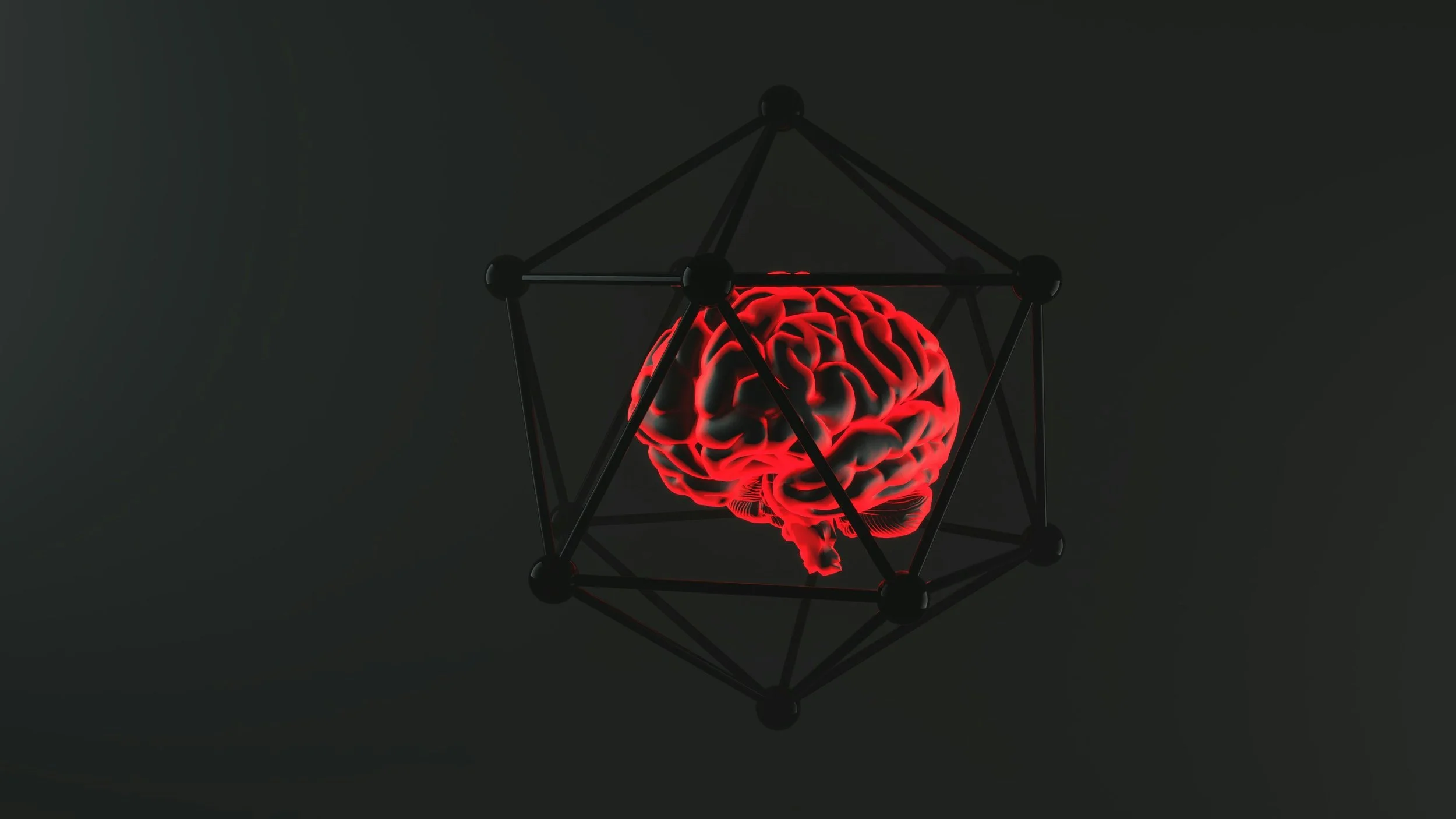
Slow Knowing: When's the right time to trust your gut?
I spent the holidays thinking a lot about the idea of discernment. What does it mean for us to feel in our bones, to know that a decision is good? And how do we know that we can trust that feeling?
Discernment is a complicated thing. It’s hard to pin down because it’s so…nebulous. So today, let’s talk about what a friend of mine calls “the ‘woo’ of decision-making.”
What’s the role of the unconscious mind in decision-making? How do you tap into it? And how do you know when to trust it?
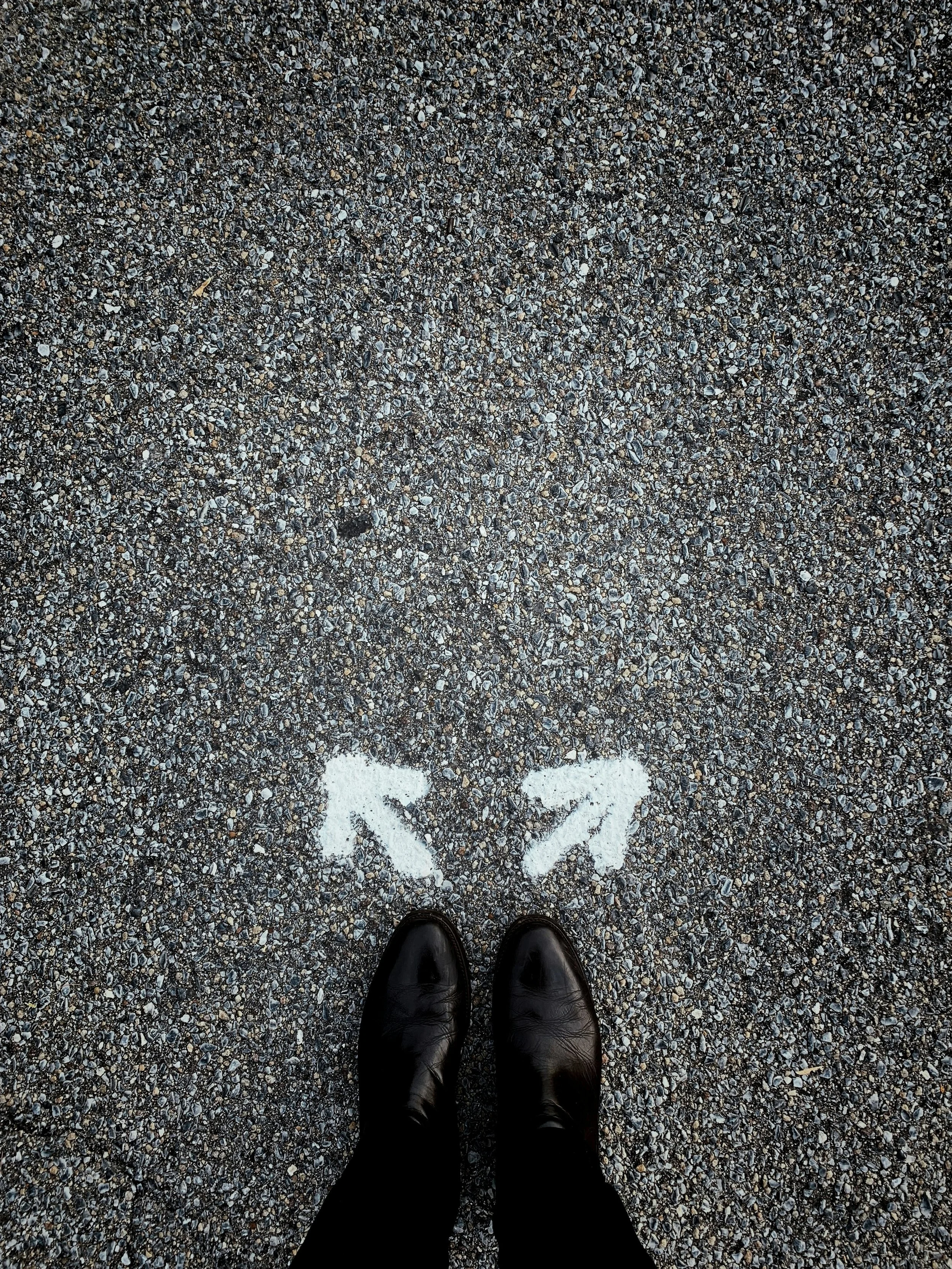
Waiting For Discernment Is a Fool’s Errand
Let me tell you a divorce story.
Longtime readers of my blog know that I got a divorce in the early part of the 2020s. It’s hard to pin down the exact date, because the gap between our separation and our divorce was nearly five years. Part of that was the court systems getting gummed up by Covid—and part of it was because it took us a long time even to be sure that that was the path we wanted to take.
This blog is about the second part.
It’s about those decisions that we sit on for months, years even, because we’re waiting for discernment. Because we want to find the right answer to the really big crossroads in our lives…
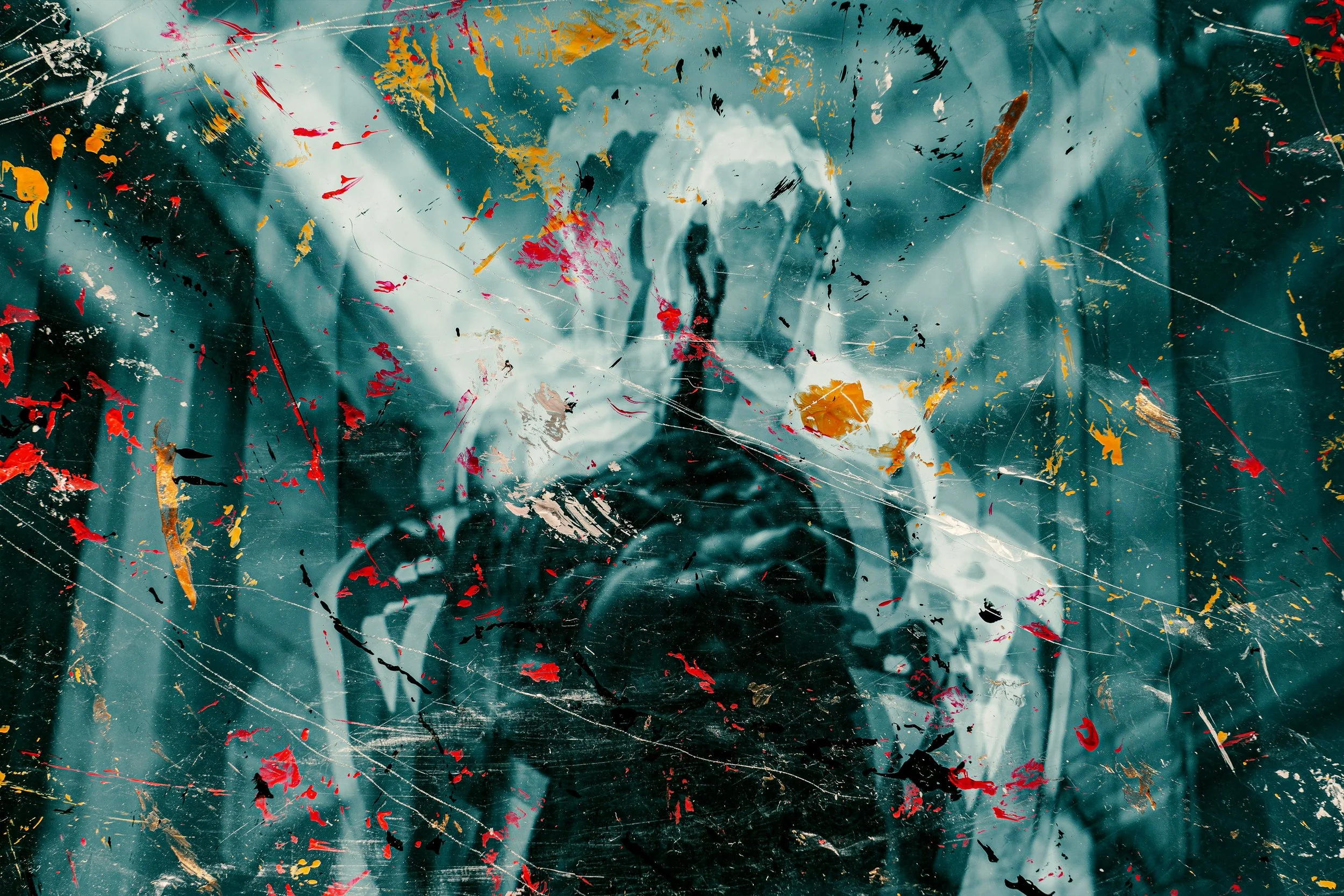
What’s in Store for Solving for Why in 2026
Hey friends! Welcome to 2026! Let me tell you what’s in store for you at Solving for Why® this year.
In addition to moving to a new platform, I’m changing the format of my posts this year, all in an effort to make your experience so much more predictable (and easily digestible).
Each month, expect three blog posts, emails, and videos, all around a central theme. The blog posts will come out the first three Thursdays of the month, and they’ll be shorter than the ones I’ve written for the last two years—some of those ran upwards of 3000 words!
Here’s what each month will look like →
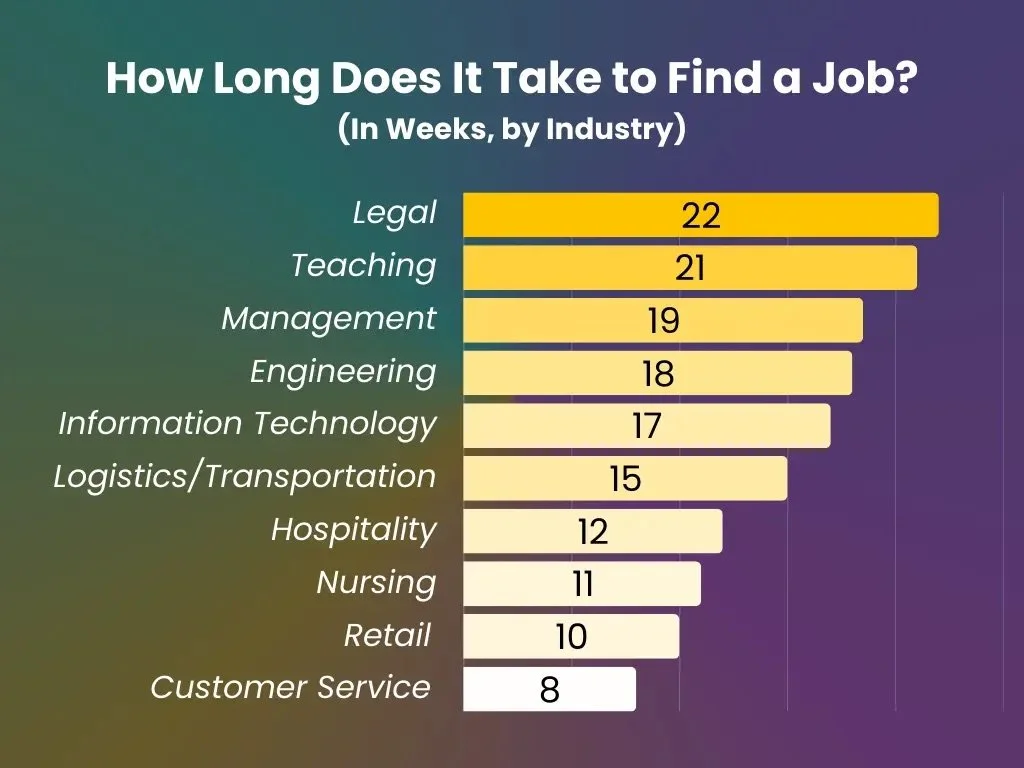
Midlife crises and financial (in)security
In the last few years, as I’ve talked to countless clients and, more importantly, potential clients about navigating burnout, stuckness, or a midlife shift, the single most common thing I hear about why they stay stuck is, “I can’t afford to change.”
So, today, let’s talk about exactly how to deal with that. Financial insecurity is a huge, and very valid, fear (especially these days)—but it may not be as big an issue as you think.
Here’s how to figure it out for yourself…
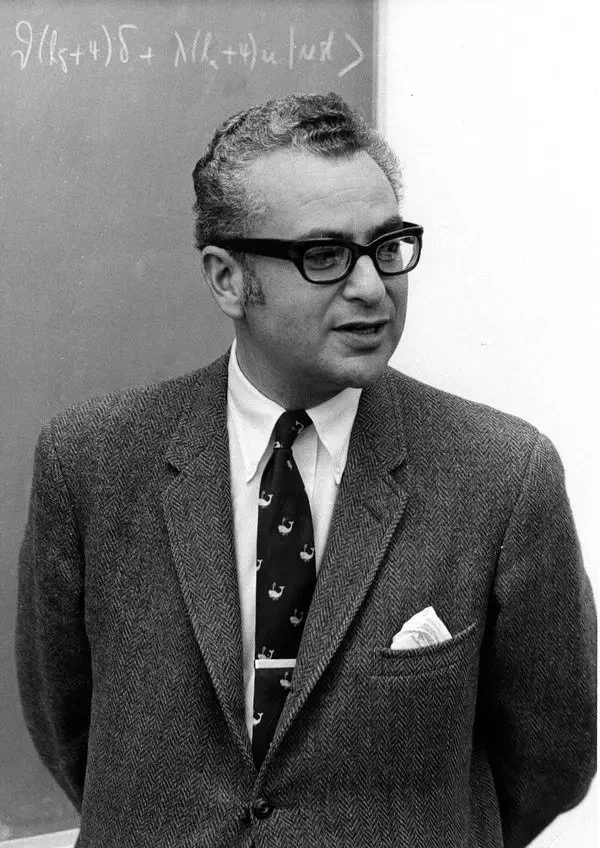
How I Got Scammed
As I was starting my coaching business, I paid a guy $15,000 because he promised to bring me clients, whenever I wanted, on demand. And I took that claim as gospel.
In fact, I was so concerned by the “on-demand” nature of the thing he was helping me build that I worried I’d have too many clients—more than I knew what to do with.
“But what if,” I asked his salesperson, “I’m on one of my trips to Africa and I can’t handle all those clients?”
“Don’t worry,” she responded. “You can just turn off the tap.”
Should I have known a promise like that was too good to be true? Absolutely. I have more letters after my name than I have in it, and I still believed him.
And now I’m $15,000 poorer. There’s a reason for that…

How I Got My Medical Mojo Back
I used to stand in the shower every morning and mutter to myself, “Two more. Two more.”
Two more what? No clue. It was just “two more.”
Yes, it’s as weird as it sounds.
Weird or not, I had those daily two more conversations at two distinct periods in my life. The first was when I was a full-time doctor, something I’ve written about a lot.
The second was for the three years that I worked my “dream job,” a job which ended up being so soul-destroying I still get PTSD any time I see my former boss’s name.
I literally had a timer app on my phone counting down to completely arbitrary self-imposed goals.
“6 days since my boss last yelled at me.”
“84 more days till I hit my nine-month mark.”
“285 days until I’ve been here for 3 years.”
I was absolutely miserable.
—
Fifteen years later, I’m writing this blog while sitting in my window on a hospital ship in Sierra Leone. I’ve built a career I adore—one that lets me work on the things I want to work on, and still get paid to do it.
There’s a way to go from there to here. Read more →

Stop Worrying About Looking Like A Flake
“You absolutely should not do this,” my boss told me.
I had just informed him that I was considering taking a year off from surgery to travel the world.
He was, to put it mildly, concerned.
“This is the absolute wrong time to make a decision like this. No job will take you seriously. They’ll think you’re a flake.”
“Just finish fellowship,” he continued, “get your practice going, and then, once you’re established, you can take some time off. You don’t want to mess up your career before it’s even started!”
I didn’t listen. I took the year off anyway.
And, you know what? Pat was right. It messed up my career.
In the best way possible.

Demoralization, Depression, and Burnout
God, I hate the feeling of not being able to help a patient. Hate staring at a CT scan and knowing that there’s nothing left for the surgeon to do.
Hate it.
Because...It isn’t just disease those of us in healthcare fight against. It’s also the systemic barriers too, the insurance, the bureaucracy, the financial hardship—none of it within our power to fix, and yet we feel responsible for the outcomes.
This dread used to beat me down when I was a full-time surgeon, engulf me in a heavy blanket of powerlessness. My lone efforts were insufficient, my surgical expertise flaccid against the onslaught of forces that were completely out of my hands.
There’s a name for that feeling.

Your Gut Instinct Isn’t Always Right—Here’s How To Use It Anyway
For the last year, I’ve written weekly about the science of decision-making. We’ve unpacked cognitive biases—those shortcuts our brains take to save energy, even if they sometimes lead to worse choices—and explored Nobel Prize-winning decision science research. We’ve covered decision models, dissected the math behind choices, and discussed techniques to help us make more objective, rational decisions.
But.
In all this intellectual exploration, there’s one fundamental element I’ve overlooked.
And it’s time I addressed it.

I Never Wanted To Be A Doctor, But I Became One Anyway. It Sucked As Much As You’d Think
was a deeply mediocre grade-school student. Except in penmanship. I almost failed that. Drunk crickets trace neater paths through sand than I do with pen on paper.
Sister Viola P, of the Incarnate Word and Blessed Sacrament—a nun who believed in punishing grade-school evildoers by stuffing their butts in wastebaskets—sent my parents desperate entreaties to fix their son’s handwriting.
Thankfully, cursive skill doesn’t play the role in my life they said it would.
To my parents and their friends, though, my penmanship was proof of one very important thing: their son was destined for medicine.
“No!” I’d respond. “I don’t want to be a doctor. I want to be a rock star!”
I became a doctor anyway.
What happens when your purpose is subjugated to your path?
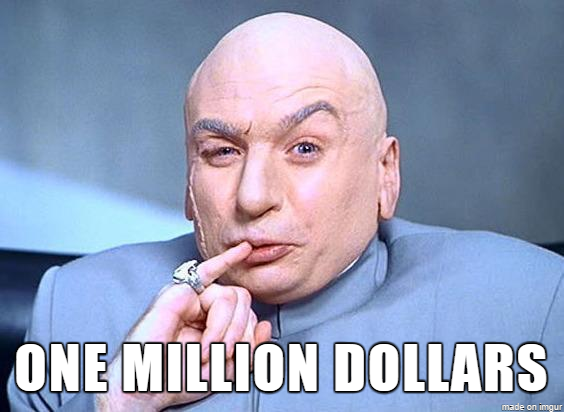
Hey, Doctor: Your Burnout’s About To Get A Whole Lot Worse
On September 19th, the President of the United States signed an executive order, one that effectively guts the immigration of many high-skilled workers* into the US—including in healthcare.
According to the order, unless an employer is willing to foot an extra hundred grand, no one can come into the US to work in a “specialty occupation” —including healthcare.
For those of us in healthcare, this is going to hit.
Hard.
Your burnout’s about to get much worse. Are you prepared to weather this storm?

Charlie Kirk and Confirmation Bias
Since Charlie Kirk was killed by a 22-year-old kid in Utah on September 10, the internet has been at each other’s throats. “How could you speak ill of the dead” people have been speaking ill of “But have you heard the things he said?” people.
It’s been a mess.
It’s also been one of the clearest examples of confirmation bias I think I’ve ever seen

The Tragedy of the Commons is why you’re burnt out
One day in the 1800s, a traveler found himself in Nobston, a town in Massachusetts. After a long day traveling, he’d settled into an inn where he planned to stay the night.
Over dinner, he asked the innkeeper about the barren plot of land in the middle of town. It felt odd, he said, that such a piece of prime real estate could just sit there, fallow, with nothing growing on it.
“Oh, the Commons” the innkeeper said. “They weren’t always like that.”
The story he told explains why you’re burnt out…

Burnout Is A Fight For Your Soul
I met Joel on a hospital ship a few years ago. That year, the Africa Mercy, as that ship is called, was docked off the coast of Cotonou, Benin. Joel had just arrived from the US—California, specifically—having flown some 36 hours to get there. It was a Sunday night, and he was making himself a sandwich.
I’ve been working on these hospital ships for nearly two decades now. They’re like a second home to me.
To new volunteers like Joel, however, the Africa Mercy can be a labyrinthine, creaky place with walls imbued with the weird accumulated smells of five decades in operation, air conditioning that runs either too hot or too cold, and salads that taste oddly of chlorine.
“First time here?” I asked, pulling up a chair and setting my own plate of chlorinated vegetables down in front of me.
“First and last,” he said. “Probably. Just found out I have colon cancer. It’s what made me finally decide it was time to do this, before it was too late.”
I think about Joel a lot. He never made an unreasonable choice.
And he never got to live the life he wanted…

(Almost) No Decision Is Final—So Stop Acting Like They Are
At fifty years old, I walked into a tattoo parlor for the first time.
My artist, a woman half my age with intricate ink climbing both her arms, greeted me with a smile. I found her through Instagram, paid her deposit, and then waited nearly six months for the date of my actual appointment. She knew it was my first time.
The bunch of trainees practicing their fine lines on what looked like pork trotters, on the other hand. They didn’t. One of them—I kid you not—looked up from her work, caught my eye, and said, “First time?”
She read my nervousness like tarot cards.
That’s because I’d been thinking about this tattoo for ten whole years.
3652 days of a debate with myself. That’s a lot of days. That’s a lot of indecision. And that’s because I’d been looking at the decision wrong.
You’re probably doing the same thing with your decisions, and it might be leading to permanent consequences…

You’re Not The Boss Of Me!
Last week, a new client texted me at 2 AM from the hospital parking lot. She was halfway through her third overnight shift in a row. “You know what,” she wrote. “I’m done. That’s it. This is killing me. I’ve got to quit.”
And then, 10 seconds later: “But I can’t quit.”
Another 10 seconds: “But I need to quit.”
The thing about Sandy’s story (not her real name) is that her husband had seen her burnout coming a decade ago. He’d also seen it absolutely tank her during the height of the pandemic.
He’d been nudging her toward a change for years. He’d even gone so far as to plot out three different exit strategies.
She found a reason why each one of them would never work.
Was she just stubborn? Or was something else going on?
Read on…

Just let it go already…
Growing up, I had a stuffed animal that I loved. My mom tells me that the mother of one of my dad’s colleagues gifted him to me when I was still in utero. And he was never far from Baby Me.
I still have that stuffed animal.
Despite the fact that the rabbit is ugly, stained, and probably a health hazard, the thought of losing it feels like losing something of infinite value.
Irrational? Definitely. I’m a deeply sentimental person.
And also, it’s emblematic of something called the endowment effect — the cognitive bias where simply owning something makes it feel significantly more valuable.
And a reason we stay stuck…

Swallowing the goldfish
A friend of mine drank a gallon of milk, ate a live goldfish, got alcohol poisoning, and slept in a basement for a month, all to join a frat—where he then lived in literal squalor for the next academic year.
Nearly thirty years later, he still donates to their alumni fund.
In fact, there’s a weirdly inverse relationship between how much abuse he received at his frat and how loudly he defends the abuse. It was almost as if, the worse they treated him, the more loyal he became.
Why? Read on, because it might just explain why we get stuck in toxic relationships, bad jobs, and expensive clubs..

Why Everyone Else Is an Idiot
You’re late to work. Again.
As you sneak into the conference room, avoiding eye contact with your notoriously crotchety boss, your brain’s already machine-gunning a litany of perfectly reasonable explanations.
Bad traffic.
Your kid couldn’t find their science project.
The coffee maker broke.
You forgot your umbrella.
Thankfully, your boss never asks. He just glowers.
Right after you take your seat, your colleague also sneaks in. Your boss starts to look a little like a thwarted Yosemite Sam.
And you know what? He’s right to be angry.
Sarah’s always late and this is just classic. She’s so irresponsible. She probably stayed up binge-watching Succession again.
Welcome to the actor/observer bias, the reason you keep dating the same bad people and finding the same toxic jobs

Tomatoes, marriage, and how your brain messes up big decisions
In the produce section of a grocery store, a micro-drama unfolds between a couple. The two of them stand in front of a pile of tomatoes. She picks one up, inspecting its shine, its smoothness, its lack of flaws—and, having deemed it worthy, she places it in a clear plastic produce bag.
While she searches for the next one, her deadpan partner grabs a tomato from the same produce bag and hands it to her.
She evaluates his chosen tomato—ones she’s already selected. Her lips thin a little bit, and she rejects it.
In the video’s 26 seconds, we’re witness to an intricate web of four different cognitive biases—four different patterns that distort our decisions….
